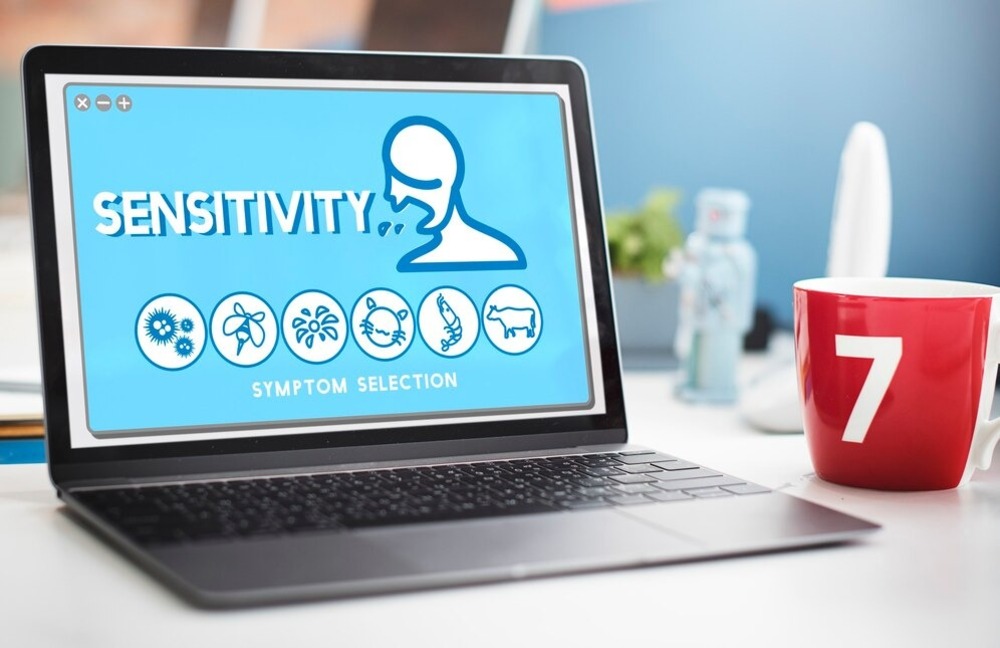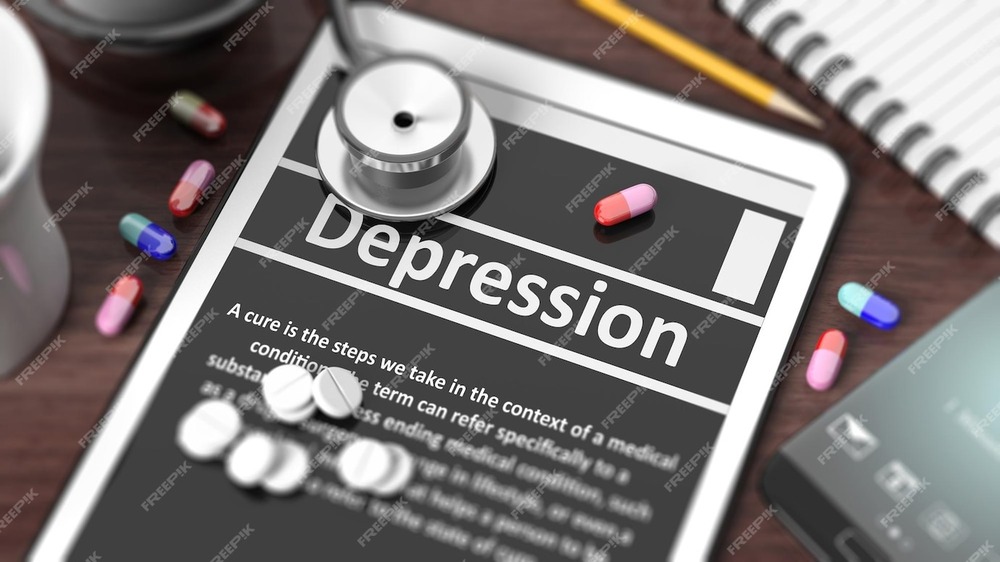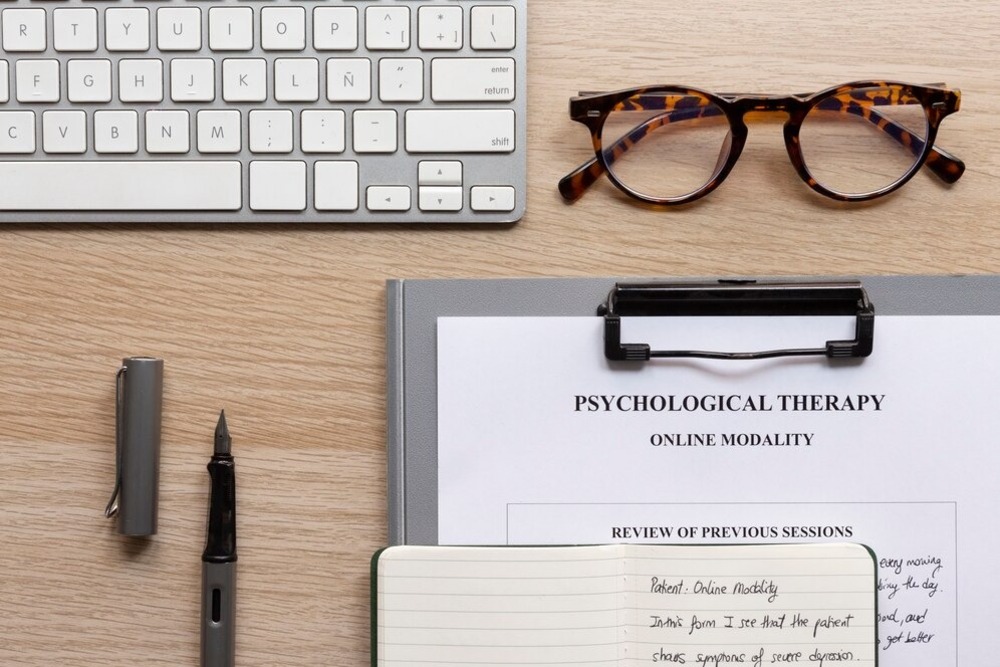Depression is a complex mental health condition that affects millions of people worldwide. According to the World Health Organization (WHO), over 264 million people suffer from depression globally. As awareness of mental health issues grows, more individuals are seeking help and understanding their mental health through various tests. If you're considering taking a depression test for the first time, this guide will provide you with essential information, statistics, and tips to navigate the process effectively. 🌍💔

What Are Depression Tests?
Depression tests are standardized questionnaires designed to assess the severity of depressive symptoms. They can help identify whether someone may be experiencing depression and the extent of its impact on their daily life. These tests are often used by healthcare professionals as part of a comprehensive evaluation.
Common Types of Depression Tests
- Beck Depression Inventory (BDI): A 21-item self-report questionnaire that measures the severity of depression.
- Patient Health Questionnaire-9 (PHQ-9): A widely used tool that consists of 9 questions based on the DSM-5 criteria for depression.
- Hamilton Depression Rating Scale (HDRS): A clinician-administered questionnaire that assesses the severity of depression in patients already diagnosed.
Why Take a Depression Test?
Taking a depression test can be a crucial first step in understanding your mental health. Here are some compelling reasons to consider:
- Self-Awareness: Understanding your symptoms can help you recognize patterns and triggers.
- Professional Guidance: Results can guide discussions with healthcare providers, leading to appropriate treatment options.
- Tracking Progress: Regular testing can help monitor changes in your mental health over time.
Statistics on Depression
Understanding the prevalence and impact of depression can provide context for why these tests are essential. Here are some key statistics:
| Statistic | Value |
|---|---|
| Global prevalence of depression | 3.8% of the population 🌍 |
| Percentage of adults experiencing depression | 7.1% in the U.S. 🇺🇸 |
| Increase in depression rates during COVID-19 | 25% increase 📈 |
| Percentage of people who seek treatment | 50% of those affected |
These statistics highlight the importance of recognizing and addressing depression, as well as the role that testing can play in this process.
How to Prepare for a Depression Test
Preparation can help you feel more comfortable and confident when taking a depression test. Here are some tips:
- Find a Quiet Space: Choose a calm environment where you can focus without distractions.
- Be Honest: Answer the questions truthfully to get the most accurate results. Remember, this is for your benefit! 📝
- Take Your Time: Don't rush through the test. Take the time you need to reflect on each question.
Interpreting Your Results
Once you've completed a depression test, interpreting the results is crucial. Here's a simple breakdown of what your scores might indicate:
| Score Range | Interpretation | Next Steps |
|---|---|---|
| 0-9 | Minimal or no depression | Maintain healthy habits 😊 |
| 10-19 | Mild depression | Consider lifestyle changes |
| 20-29 | Moderate depression | Seek professional help |
| 30+ | Severe depression | Immediate professional support needed 🚑 |
Understanding your score can help you determine the best course of action. If your results indicate moderate to severe depression, it's essential to reach out to a mental health professional for further evaluation and support.
Where to Take a Depression Test
There are various platforms where you can take depression tests online. Websites like Psychology Today and Mental Health America offer free, reliable tests that can help you assess your mental health. These resources can be a great starting point for understanding your symptoms and seeking help.
Conclusion
Taking a depression test for the first time can be a daunting experience, but it is an important step toward understanding your mental health. With the right preparation and knowledge, you can approach the process with confidence. Remember, you are not alone in this journey, and there are resources available to help you navigate your mental health. 🌈💪
If you or someone you know is struggling with depression, don't hesitate to reach out for help. Whether it's through a test, a conversation with a healthcare provider, or support from loved ones, taking that first step can lead to a brighter future.




